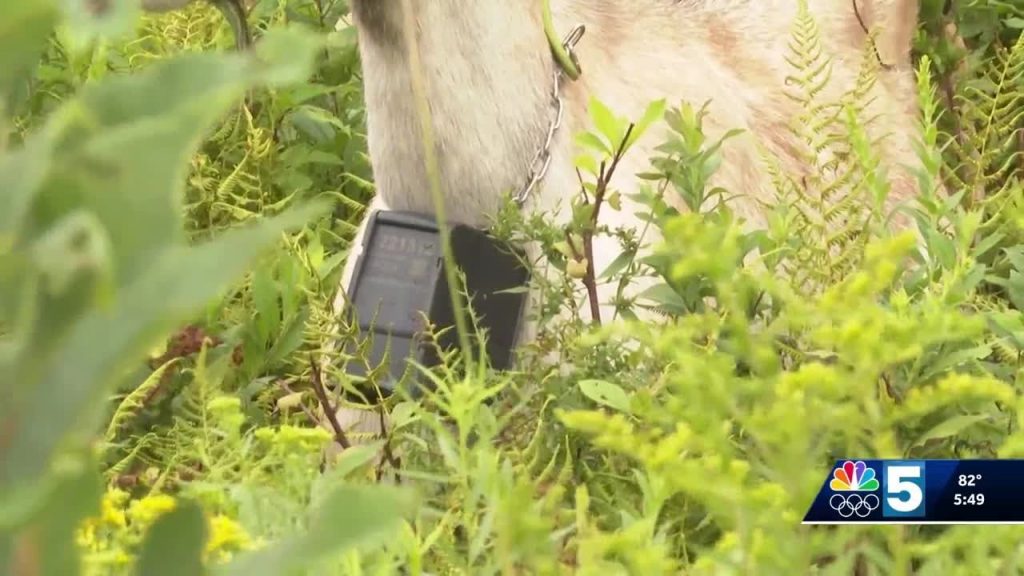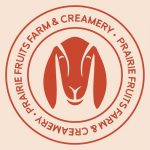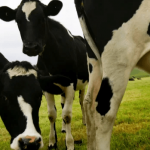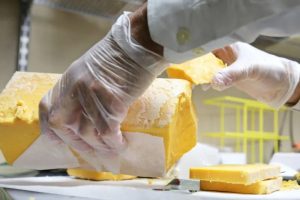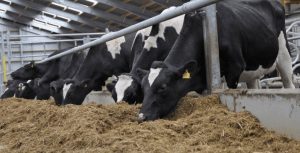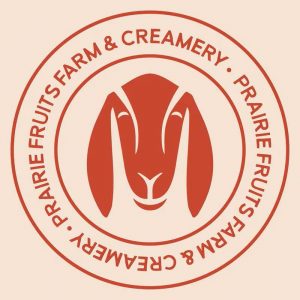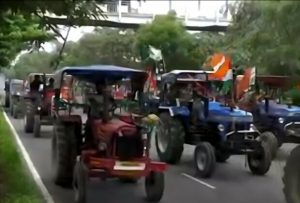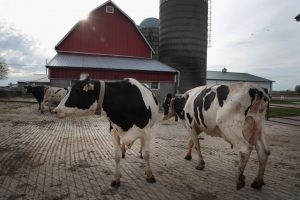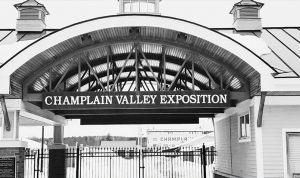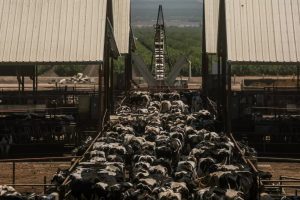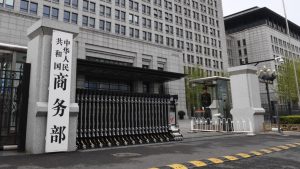
Vermont Farmers are Embracing Cutting-Edge Technology, From Virtual Fencing to Robotic Milkers, to Stay Competitive and Secure the Future of Agriculture.
Vermont’s agribusiness landscape is undergoing a technological transformation, with farmers adopting innovative solutions to increase efficiency and sustainability. A prime example is George Van Vlaanderen of Doe’s Leap Farm, who has implemented a system of virtual fencing for his goats. By using GPS-enabled collars, he has eliminated the need for physical barriers, a major innovation that reduces labor and allows his herd to graze on more diverse pastures, ultimately leading to higher milk output.
The adoption of this new technology highlights a critical trend in modern agribusiness: the move toward smarter, more efficient farming practices. The ability to manage a herd with minimal physical infrastructure allows a small operation to maximize its land use and optimize grazing patterns. This approach is a testament to the idea that embracing technology is a key driver for productivity and profitability, providing a competitive edge for small producers in the larger dairy economics ecosystem.
Beyond virtual fencing, the article also spotlights the increasing popularity of robotic milking in the commercial dairy sector. While robotic milking is becoming more commonplace, it’s not a one-size-fits-all solution. The University of Vermont’s Dairy Farm, for instance, has consciously decided to stick with a traditional milking system to ensure students receive a hands-on learning experience. This insight provides a valuable piece of data journalism, showing that the decision to adopt technology is often a strategic one, balancing efficiency with other core business objectives.
The broader conversation around technology in Vermont’s agriculture is not just about efficiency—it’s about the future. Russ Ingalls, a key figure in the state’s agriculture sector, emphasizes that adopting these new tools is essential for the long-term sustainability of the industry. The number of farms in Vermont has been steadily declining, and technology is seen as a vital way to counter this trend by making farming a more viable and attractive profession for the next generation.
Ultimately, the stories of Vermont farmers and their technological innovations serve as an important case study for the international dairy community. They demonstrate that progress is not confined to large-scale operations. From a small goat farm using GPS collars to commercial dairies implementing robotic milkers, the adoption of technology is proving to be a powerful tool for a diverse range of producers seeking to improve their business, remain competitive, and secure their place in a rapidly evolving market.
Source: KRDO News, “Vermont farmers say new technology is changing the state’s agriculture industry”
You can now read the most important #news on #eDairyNews #Whatsapp channels!!!
🇺🇸 eDairy News INGLÊS: https://whatsapp.com/channel/0029VaKsjzGDTkJyIN6hcP1K
